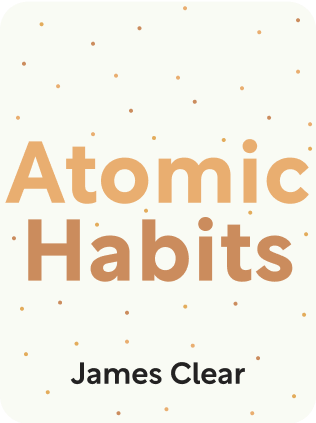

This article is an excerpt from the Shortform book guide to "Atomic Habits" by James Clear. Shortform has the world's best summaries and analyses of books you should be reading.
Like this article? Sign up for a free trial here .
What is the Goldilocks Rule? How can it help you stick to new habits and stay focused even when you are running low on motivation?
The Goldilocks Rule states that peak motivation is achieved when the task is at the level of just manageable difficulty: not too easy, not too hard. If the challenge is too hard, you will be unsuccessful in your behavior attempts and shy away from trying.
Keep reading to learn about the Goldilocks Rule.
What Is the Goldilocks Rule?
Learning how to stay motivated means designing habits that draw you in, rather than repel you. One of the best-known strategies for keeping behaviors interesting is working at a level of just manageable difficulty. This idea is referred to as the Goldilocks Rule, which states that degrees of difficulty must be just right to attain peak motivation.
You must start a new behavior by making it easy. Making a new behavior easy to perform and maintain is necessary and helps you stay focused even when motivation is challenged. But once a behavior has reached the habit line, you must increase the boundary of difficulty in small increments to keep it challenging.
If a behavior is just challenging enough, you will be more interested in sticking with it. Hitting the “just right” zone of difficulty is what creates the flow state, wherein you are fully engaged in the behavior or activity. A 4% increase in difficulty above your current abilities or behaviors is required to reach the flow state.
- Imagine playing with a new tennis partner equal in skill level. You play for months, and you start to naturally progress beyond your current abilities.
- If your partner doesn’t progress at the same rate, you will soon beat them easily and lose interest.
- If you find a new partner who is slightly better than your new level, you will be more engaged when you play because you are being challenged more.
- You will eventually progress to the new level and so on as you continue to play better opponents.
Improvement requires a balance between pushing beyond status quo to stay challenged and keeping the level of challenge at a point that still allows for satisfying results.
Part of this process of increasing degrees of difficulty is the variable reward. When you increase your challenge level to the just-right point, whether you fail or succeed becomes equal in likelihood.
When there is a 50/50 chance of success or failure, your desire to win increases. You experience enough success to warrant continued action and enough failure to make you work harder. Rewards experienced in this type of variable way make every attempt novel, which reduces boredom.
Still, at some point, even if you are able to create variable rewards through just manageable difficulty, you will be faced with boredom. Understanding that this will occur, regardless of your efforts, will help you address it when it comes and keep you from falling into the traps automated habits can create.

———End of Preview———
Like what you just read? Read the rest of the world's best book summary and analysis of James Clear's "Atomic Habits" at Shortform .
Here's what you'll find in our full Atomic Habits summary :
- The 4 Stages of Habit Formation you can use to transform your life
- How more than half of your daily actions are automatic
- Why some habits stick and why others won't






